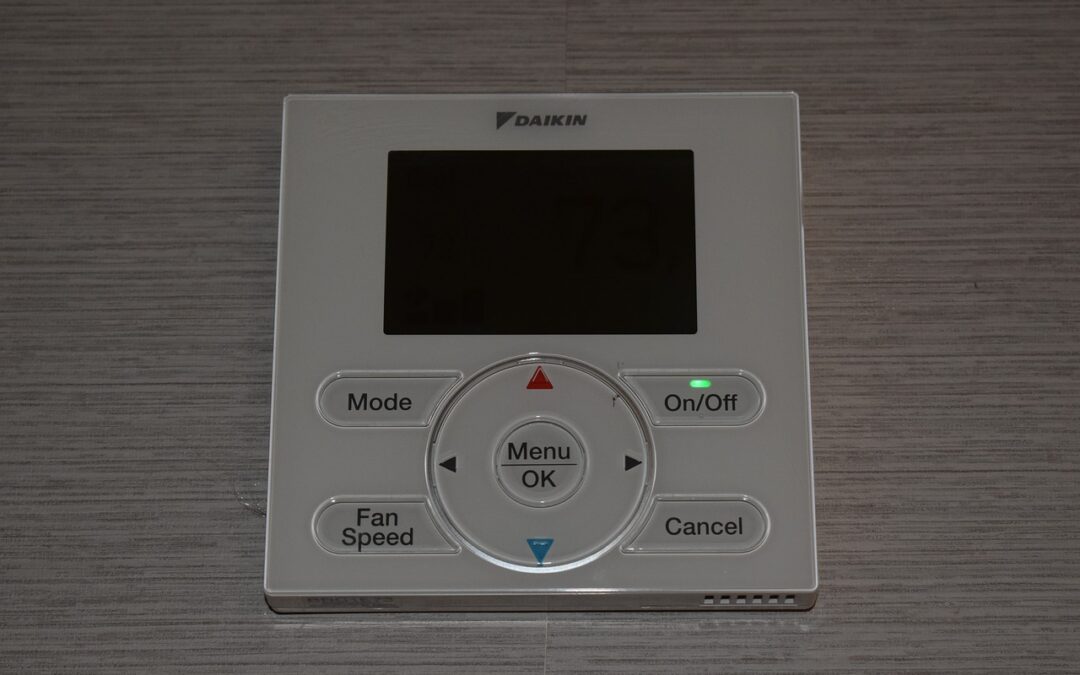Selecting the right Heating, Ventilation, and Air Conditioning (HVAC) system is a crucial decision for homeowners and business owners alike. An HVAC system is not merely a piece of equipment; it is the heart of indoor comfort, regulating temperature, humidity, and air quality. Choosing the ideal HVAC system tailored to your needs requires careful consideration of various factors, including your climate, building size, energy efficiency goals, and budget. In this comprehensive guide, we will explore the key aspects to consider when making this important decision.
Factors that you should consider when selecting an HVAC system
1. Understanding Your Climate
Understanding your local climate is the foundational step in selecting the right HVAC system. Distinct regions experience varying temperature extremes and humidity levels throughout the year. Air conditioning is paramount in hot and humid climates, while heating is the primary concern in colder regions. Nevertheless, in many areas, both heating and cooling are necessary. A climate assessment helps determine the type of HVAC system and its capacity requirements, ensuring that your indoor environment remains comfortable year-round.
2. Assessing Building Size and Layout
The size and layout of your home or building play a significant role in determining the appropriate HVAC system. An HVAC system must be able to heat or cool the entire space adequately. An undersized system will struggle to maintain comfort, while an oversized one can lead to inefficiencies and excessive energy consumption. It’s crucial to consult with HVAC professionals who can perform a load calculation to accurately size your system based on factors such as square footage, insulation, and the number of occupants.
3. Considering Energy Efficiency
Energy efficiency is a critical consideration when choosing an HVAC system, not only for the environment but also for your wallet. Energy-efficient systems consume less energy, reducing your utility bills and carbon footprint. Look for systems with high Seasonal Energy Efficiency Ratio (SEER) ratings for air conditioners and Heating Seasonal Performance Factor (HSPF) ratings for heat pumps. Additionally, consider investing in models with features like variable-speed motors and zoning systems, which optimize energy usage by adjusting output based on demand and temperature variations.
4. Prioritizing Indoor Air Quality
Indoor air quality is vital to HVAC system selection, especially for those with allergies or respiratory concerns. Regard systems incorporating air purifiers, humidifiers, dehumidifiers, and advanced filtration systems. These features can help empty allergens, pollutants, and contaminants from the air, ensuring a healthier indoor environment. Additionally, regular maintenance and filter replacement are essential for preserving air quality and system efficiency.
5. Budgeting and Total Cost of Ownership
While upfront costs are a significant consideration, it’s essential to think beyond the initial purchase price. Evaluate the total ownership cost, including installation, maintenance, and operational expenses over the system’s lifespan. High-efficiency systems may have a higher upfront cost but can result in substantial long-term savings through reduced energy consumption and maintenance requirements. Create a budget that considers the initial investment and ongoing expenses to make an informed decision.
6. Choosing the Right HVAC Contractor
Selecting the right HVAC contractor is as paramount as choosing the system itself. A reputable and experienced contractor will guide you through the selection process, perform accurate load calculations, provide energy-efficient solutions, and ensure proper installation. Inspect for licenses, certifications, and references when selecting a contractor. Additionally, request multiple quotes and compare them based on equipment quality, warranties, and services.
7. Environmental Considerations
Environmental responsibility is becoming increasingly important in HVAC system selection. Consider systems that use eco-friendly refrigerants with low global warming potential (GWP) to minimize their environmental impact. Additionally, explore options for renewable energy integration, such as solar panels, which can power your HVAC system and further reduce your carbon footprint.
8. Maintenance and Service
Regular maintenance is essential to keep your HVAC system operating efficiently and extending its lifespan. Inquire about maintenance plans and service agreements offered by HVAC contractors. Having a professional service your system annually can prevent breakdowns, improve energy efficiency, and ensure your system continues to meet your comfort needs.
9. Customizing for Zoning
Zoning systems provide customized temperature control for different areas or zones within your home or building. This feature is particularly beneficial if you have varying heating and cooling needs in different parts of your space. Zoning can save energy by directing conditioned air only where needed, reducing overcooling or overheating in unused areas.
Choosing the ideal HVAC system for your specific needs is a significant decision that requires careful consideration of climate, building size, energy efficiency, and budget. By understanding these factors and working with experienced HVAC professionals such as True Blue Heat and Air, you can select a system that provides year-round comfort and promotes energy efficiency, environmental responsibility, and long-term cost savings. Remember that investing in the right HVAC system is an investment in the comfort and well-being of your home or business.

Recent Comments